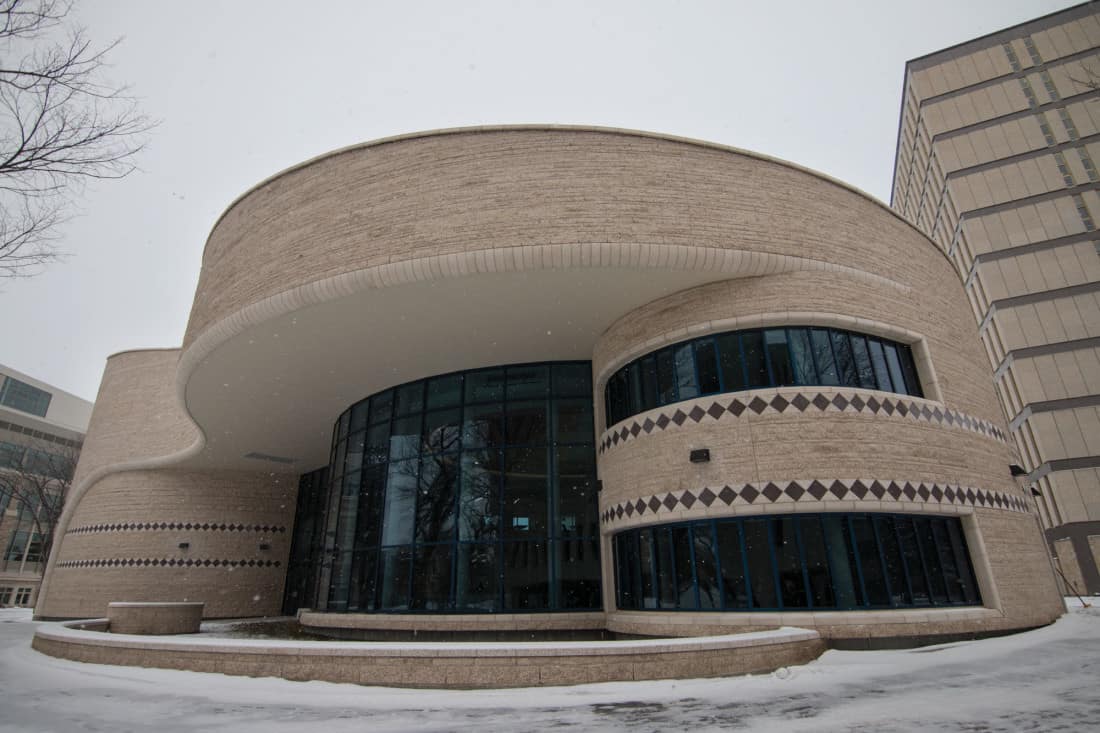
The Indigenous Students’ Union is calling on the University of Saskatchewan and the U of S Students’ Union to support them in their move toward self-governance.
According to the statement that was released on Sept. 15 by the ISU, formerly the Indigenous Students’ Council, the group is taking a new direction by starting their own union as a response to the historic systemic oppression and discrimination that Indigenous students, staff and faculty face at the U of S. The name change is meant to signify the ISU’s move towards autonomy, separate from the USSU.
The statement says that this change is “needed now more than ever.” ISU President Paydahbin Aby-Hester says that although the U of S talks about Indigenization, issues still remain. She points to the recent open letter that several faculty and staff have signed demanding President Peter Stoicheff to “acknowledge the ongoing evidence of unethical practices and for the current administration” in the College of Education.
“The University of Saskatchewan prides itself on being one of the leading institutions in the world for reconciliation and for grounding itself in the principles of reconciliation,” Aby-Hester said. “But there is no life to that word; it is just a word.”
In their statement, the ISU calls on the U of S to honour their Indigenization goals, and on the USSU to commit to the Path Forward plan, by supporting their move towards self-governance.
“We’re holding them accountable and we’re calling on them to support, and to be sincere with our process, and to respect our process, because it is our Inherent and Treaty right to do so,” Aby-Hester said.
According to USSU President Autumn LaRose-Smith, the USSU executives support the ISU in their decision and have set up a meeting with them for further discussion.
“We will absolutely support their decisions and help in whatever way that we can,” LaRose-Smith said. “We honour their decision to move towards self-governance.”
In a statement sent to the Sheaf, Patti McDougall, vice-provost of teaching, learning and student experience, and Jacqueline Ottmann, vice-provost of Indigenous engagement, say that they are aware of the ISU’s official name change. However, they highlight that “the university does not have oversight of student politics and does not make decisions or interfere with decisions related to student unions.”
“We previously offered our advice on governance processes to a past ISC executive, and we remain willing to provide similar guidance to the current executive, if requested,” the statement reads.
“We remain committed to listening to students’ voices and those of our Indigenous faculty, staff and the broader community as the university continues on its path of Indigenization, Reconciliation and Decolonization.”
Chenoa McArthur, ISU vice-president of communications says that the change has been a long time coming. Two years ago, the ISU wanted to shift towards becoming a separate union, although a motion to support their call was voted down by the University Students’ Council because the USSU president at the time wanted a better understanding of the situation before passing the motion.
“At that time, [the ISC] had received so much backlash, not only from the institution itself but also from some faculty and some staff,” McArthur said. “But they also did receive numerous support from the Indigenous communities, not just at the university, but as well throughout all of Turtle Island.”
With the renaming completed, Aby-Hester says the ISU will now work towards unifying the “Indigenous community at the University of Saskatchewan, as well as all Indigenous communities across Turtle Island.”
“And we’re going to continue this process with the free, prior, informed and collective consent,” Aby-Hester said. “We won’t be doing anything without the involvement and the engagement of as many Indigenous students that we can reach.”
—
Wardah Anwar | News Editor
Photo: Caitlin Taylor
Leave a Reply